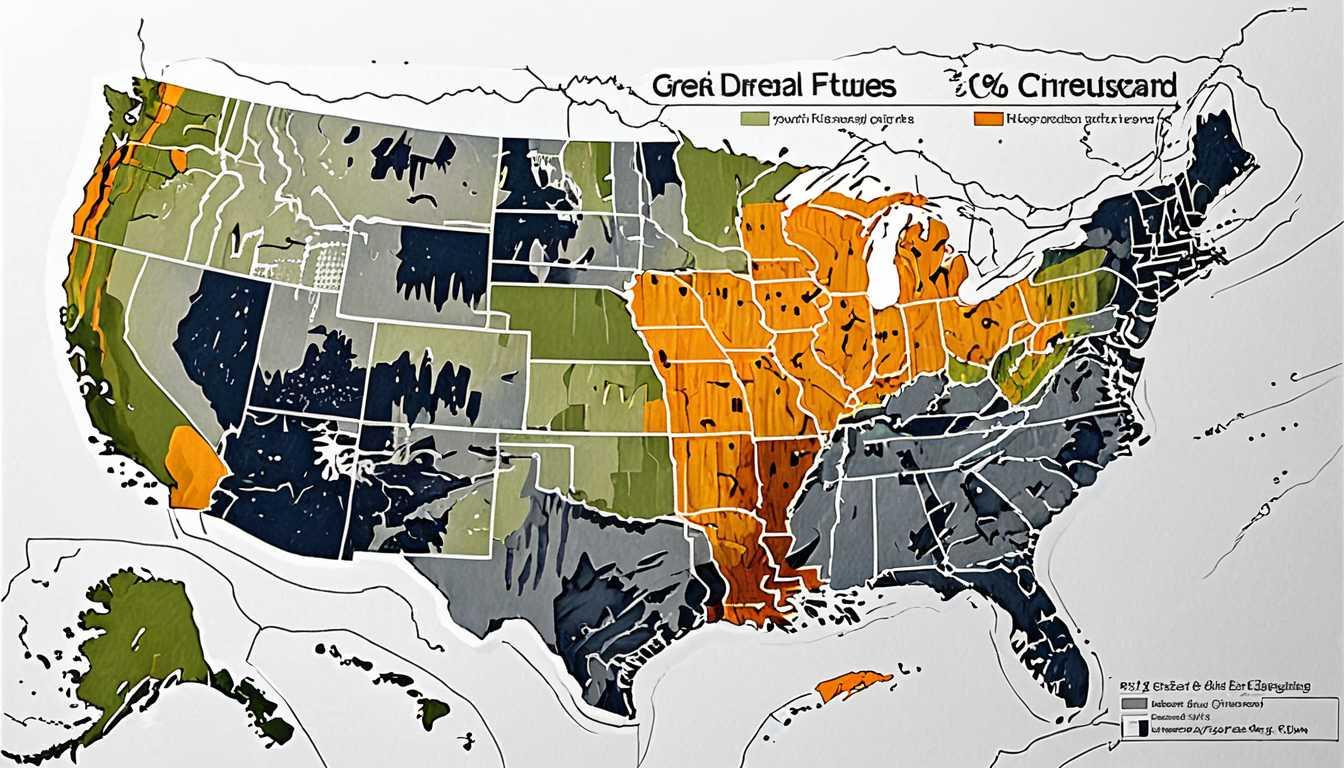Trillions Lost to Heat: Economy's Fever
July 2023
Dartmouth College
Introduction
Imagine a world where sweltering heat does more than just make you sweat; it's costing the global economy trillions! Dartmouth College researchers have uncovered how severe heat waves, supercharged by climate change, have already drained trillions from the world's wallet since the 90s. And guess what? The poorest, least polluting countries are bearing the brunt. This eye-opening study isn't just about numbers; it's a wake-up call for immediate action to cool down these costly temperatures. Dive into the details and discover why beating the heat is about more than just staying comfortable—it's crucial for our global economy!
READ FULL ARTICLEWhy It Matters
Discover how this topic shapes your world and future
Feeling the Heat - The Economic Burn of Global Warming
Imagine a world where the scorching heat not only makes it unbearable to play outside but also costs the global economy trillions of dollars, hitting hardest at those who can least afford it. This isn't a distant nightmare; it's happening right now. Heat waves, supercharged by human-caused climate change, are not just about getting an extra scoop of ice cream to cool down. They're about the livelihoods of millions, especially in the world's poorest regions, taking a massive hit. The intensifying heat waves since the early 1990s have led to a staggering economic loss of $16 trillion due to their impact on human health, productivity, and agriculture. This topic is not just about numbers on a page; it's about understanding the profound implications of our actions on the planet and on each other. It's about realizing that climate change isn't just an environmental issue—it's a human one that affects us all, no matter where we live. This might sound daunting, but it also opens up a world of opportunity for you to make a difference, whether through innovative solutions, policy advocacy, or simply by being informed and spreading the word.
Speak like a Scholar
Climate justice
The principle that addresses the ethical dimensions of climate change, recognizing that those who are least responsible for global warming suffer its gravest consequences.
Economic output
The total value of all goods and services produced by an economy, often measured as Gross Domestic Product (GDP) per capita.
Adaptation measures
Strategies and actions taken to cope with climate change effects, such as building heat-resistant infrastructure or developing heatwave early warning systems.
Greenhouse gas emissions
Gases that trap heat in the atmosphere, such as carbon dioxide and methane, primarily produced by burning fossil fuels and deforestation.
Global South
A term used to describe the regions of Latin America, Asia, Africa, and Oceania, many of which are particularly vulnerable to the effects of climate change despite contributing least to its causes.
Economic inequality
The unequal distribution of income and opportunity between different groups in society, often exacerbated by the impacts of climate change.
Independent Research Ideas
The psychology of climate change denial
Investigate the cognitive and social factors that contribute to skepticism and denial of climate change, despite overwhelming scientific evidence.
Innovative cooling solutions for urban areas
Explore the development and effectiveness of new technologies and urban planning strategies to reduce heat in densely populated areas.
The role of traditional knowledge in climate adaptation
Study how indigenous and local knowledge systems can contribute to effective climate change adaptation strategies.
Impact of heat waves on marine ecosystems
Examine the effects of increased sea temperatures on marine biodiversity, coral reefs, and fisheries.
Economic policies for climate resilience in the global south
Analyze the effectiveness of different economic policies in enhancing the resilience of low-income countries to climate change impacts.
Related Articles

STRESS: Mapping Green Futures
May 2023
Massachusetts Institute of Technology (MIT)

Willing to Pay for Clean Air?
September 2023
London School of Economics (LSE)

Renewables: The Economy's Supercharger
June 2023
Phys Org

Zoning Out Flood Woes
September 2023
London School of Economics (LSE)

Unveiling Corporate Green Secrets
October 2023
London School of Economics (LSE)